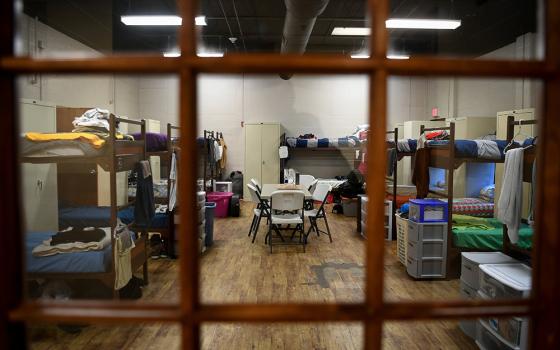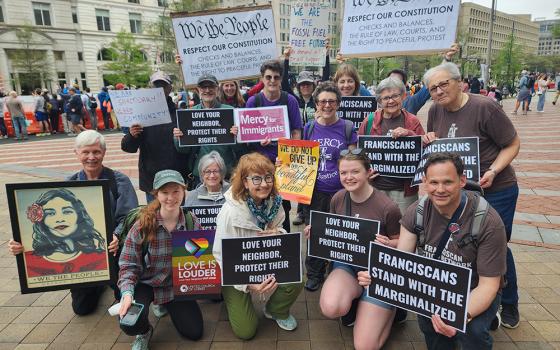All this week, we have been discussing the 20th anniversary of Ex corde Ecclesiae on this blog. Later today, I will be posting a guest commentary by Bishop David O’Connell, who served as President of the Catholic University of America for the past 12 years and so was charged with implementing Ex Corde at the bishops’ own university. Also, in today’s Q & A we will have comments from Professor John Cavadini, who served for the past thirteen years as the Chair of the Theology Department at the University of Notre Dame.
It has been interesting to me that all the respondents in this week’s Q & A have had such different takes on the issues raised by Ex Corde. I would like to conclude this week’s focus with one final observation. The question of Catholic identity does not matter only to universities; It matters to Catholic publications like this one, it matters to Catholic organizations such as the Knights of Columbus or Catholics United, and it matters to each and every Catholic as an individual because, as Catholic, we are never just individuals, we are yoked together, following Him whose burden is light. Being human, we humans tend to add to each others’ burdens, do we not? But, even though there is something inevitable about human folly, one of the things that distinguishes the Catholic imagination and, therefore, Catholic experience from scholarship to liturgy, is that we are called upon to think before we commit an act of self-assertion, and ask ourselves: How does this affect the Church? How does this affect my fellow Catholics? How does this affect the Catholics who have gone to God, that is, how does it relate to the tradition? How will it affect future Catholics? Whatever else it means, being Catholic means that we are in this business of following the Master together, and whether that following happens at a university lecture hall or at a soup kitchen or when we lobby in the halls of Congress or when we pray alone at night in our rooms, we must be recognize that we move forward, or backward, together. We are all called to consider our actions and thoughts “from the heart of the Church.”
It seems abundantly clear that many of the fears occasioned by the release of Ex corde Ecclesiae have not come to pass. It is also clear that only a papal document can provide the kind of authoritative leadership in an area as we have seen in this area: In the past twenty years, the conversation has changed, indeed in some cases, a much-needed, always-needed conversation that had been allowed to lapse was rekindled, by Ex Corde. At a time when there is so much to criticize about papal and episcopal leadership, especially regarding Pope John Paul II, Ex corde stands out as one of the successes of that pontificate.



